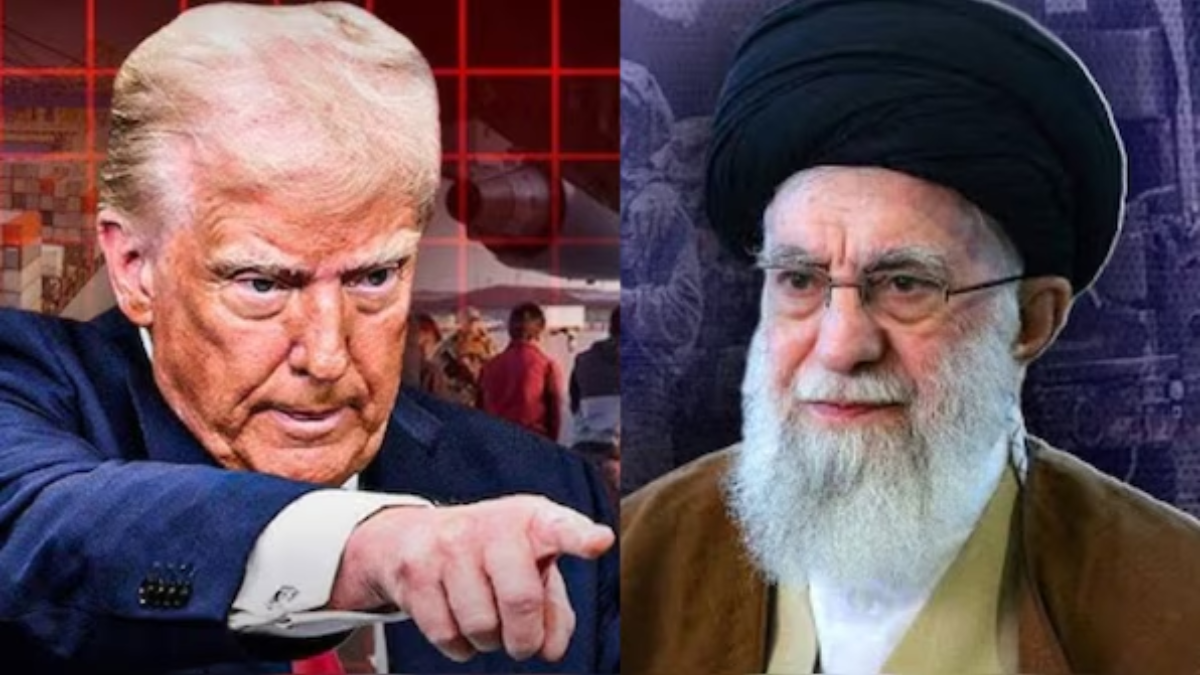Fox News host and military veteran Pete Hegseth delivered a sharp warning during a recent segment, saying the U.S. military is ready “to go big” if nuclear negotiations with Iran collapse. As world powers struggle to reinvigorate stalled diplomacy, Hegseth’s comments reflect growing concerns among defense officials and political leaders that a military confrontation with Tehran could become inevitable.
Speaking on Fox News’ Sunday Morning Futures, Hegseth didn’t mince words when asked about the state of Iran’s nuclear program and the potential consequences of failed diplomacy. “The military’s not just posturing. If these talks break down, I believe the U.S. is ready to go big,” he said. “We’re not just going to sit on the sidelines and let Iran sprint toward a bomb.”
Tensions Rise as Iran Inches Closer to Weapons-Grade Uranium
Recent reports from the International Atomic Energy Agency (IAEA) show that Iran continues to enrich uranium at levels far beyond what is allowed under the original 2015 nuclear deal, known as the Joint Comprehensive Plan of Action (JCPOA).
Although Iran maintains that its nuclear ambitions are peaceful, Western intelligence agencies and several Middle East allies warn that the country is inching dangerously close to developing a nuclear weapon.
The Biden administration has worked with European allies to revive the deal, but efforts have stalled amid Iran’s refusal to allow full inspections of its facilities. In early April, Secretary of State Antony Blinken confirmed that negotiations were “not moving in the right direction” and emphasized that the U.S. is considering “other options.”
Those other options, analysts believe, include more aggressive posturing—or even direct military strikes—on Iranian nuclear facilities. Hegseth’s remarks appear to signal that some officials are ready to move beyond the diplomatic phase.
Hegseth: “Strength Deters War”
Pete Hegseth, a former Army National Guard officer with tours in Iraq and Afghanistan, has been a vocal advocate for projecting American strength abroad. He criticized what he calls the administration’s “soft-handed diplomacy” and argued that it may have emboldened Iran to act more aggressively.
“Strength deters war,” Hegseth said. “And right now, we need to send the message that if diplomacy fails, we have the will and capability to act decisively. Iran has to understand that the military option is real, and it’s on the table.”
His comments echo similar warnings from former Trump administration officials, who argue that Iran only responded to pressure—such as the 2020 drone strike that killed Iranian General Qassem Soleimani—and not to negotiations.

White House Maintains Preference for Diplomacy
Despite the increasingly heated rhetoric, the Biden administration has publicly emphasized its desire to resolve the situation through diplomatic means. National Security Council spokesperson Adrienne Watson stated last week that “the United States remains committed to a diplomatic resolution that prevents Iran from obtaining a nuclear weapon.”
Still, behind the scenes, there are growing signs that the Pentagon is updating contingency plans should diplomacy collapse. U.S. Central Command (CENTCOM) has increased its surveillance and drone operations over the Persian Gulf, and joint military exercises with Israel have taken on a more aggressive tone.
One senior defense official told Politico, “We hope diplomacy works. But we’re preparing for every possible scenario, including ones that involve military action.”
Israel’s Role in the Regional Equation
Hegseth also pointed to Israel’s heightened concerns over Iran’s nuclear progress. Israeli Prime Minister Benjamin Netanyahu has long viewed a nuclear Iran as an existential threat and has signaled that Israel may act unilaterally if international efforts fail.
Joint military drills between the U.S. and Israel have increased in recent months, with both sides simulating attacks on fortified nuclear sites. Hegseth noted that if Israel acts alone, the U.S. could be drawn into a larger regional conflict.
“The stakes are high, not just for us but for our allies,” he said. “We either lead the response, or we’re forced to react after the damage is done.”
What Happens Next?
With no firm timetable for renewed talks and Iran continuing to restrict international inspections, many experts say a critical turning point may be near. If Iran’s enrichment reaches the level required for a nuclear bomb—or if evidence surfaces that they are constructing weapon components—the likelihood of military action will spike dramatically.
Hegseth concluded his remarks with a stark assessment: “We’re not looking for a war, but we’re not going to back down. Iran is playing with fire, and if they think America won’t respond, they’re mistaken.”
The next few months could determine whether the U.S. continues down the path of negotiation—or turns to military force. As Hegseth puts it, the clock is ticking.
For context and continued updates on Iran nuclear developments, visit the International Atomic Energy Agency.
Disclaimer – Our team has carefully fact-checked this article to make sure it’s accurate and free from any misinformation. We’re dedicated to keeping our content honest and reliable for our readers.
